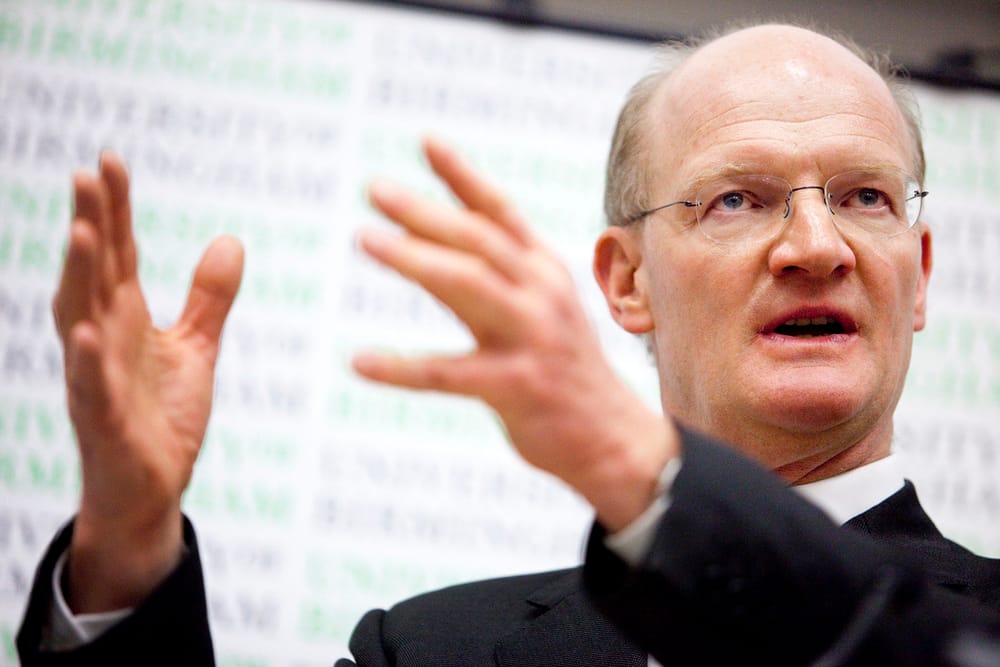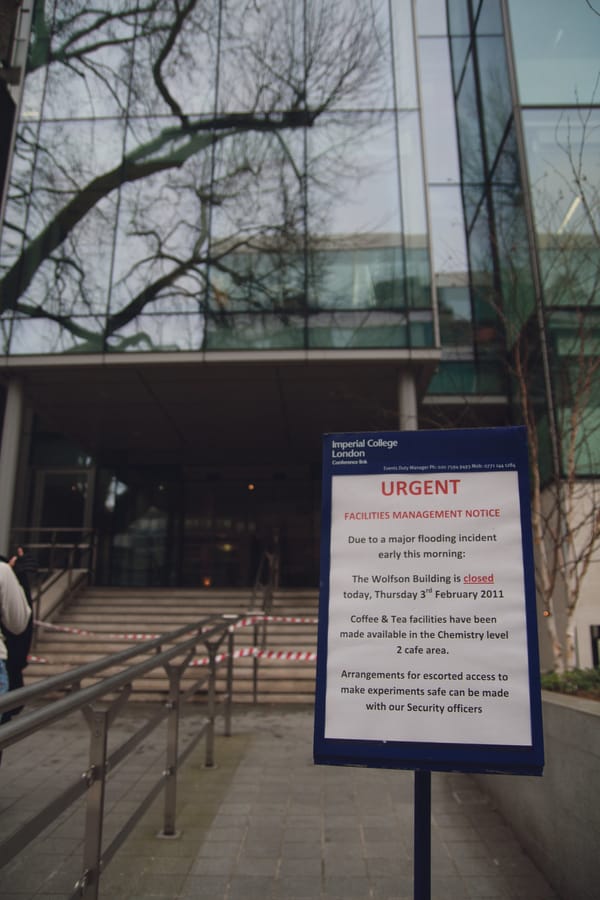£940 million cut to higher education funding
Universities hit by huge reductions in 2011/12, plus additional cuts this year

University funding for teaching and research is to be cut by £940 million for the 2011-12 academic year, a decision described as “a challenging financial settlement” by the chief executive of the Higher Education Funding Council for England (Hefce) which announced the cuts last week. Universities will also receive £190m less than they had anticipated for this academic year (2010-11), as an in-year cut is announced for the first time.
Hefce, which funds universities on behalf of the government, has allocated £6,507m for the 2011-2012 academic year, covering teaching, research and building among other areas. The teaching budget is to be reduced by £180m to £4.3bn and the research grant by £17.4m to £1.6bn. £223m has been allocated to capital projects, such as new buildings, a 58% reduction from the previous year. The cuts come as the government makes savings across all departments, a strategy aimed at reducing the UK’s large budget deficit.
Whilst the Universities Minister, David Willetts, has called for the teaching budget to be protected as far as possible, he acknowledged, “higher education, like other areas of public spending, has had to take its share of savings.”
Imperial will not learn of its exact funding until next month when grants to individual institutions are decided. However, Sir Alan Langlands, Chief Executive of Hefce, said that the Board “welcomed the decision of the government to ring fence and maintain in cash terms the overall funding provided by the Department for Business, Innovation and Skills (BIS) for science and research”. Therefore, it is likely that Imperial, being primarily a science institution, will not experience funding cuts as drastic as other humanities-focused universities.
The Hefce Board have indicated that the quality of research will be a key determinant in the allocation of research funding to a university: “Funding is being allocated more selectively by prioritising internationally excellent and world leading research.”
£150m for the Higher Education Innovation Fund (HEIF), enabling universities and businesses to work more closely together, is also being maintained in cash terms. Langlands also said that this HEIF would be allocated among the “most effective performers”.
The Hefce has also detailed reductions in funding for the current academic year 2010-11, the first time such changes have been implemented part way through. This is because the Department for Business, Innovation and Skills grant announcement for 2011-12 relates to the financial year (1 April to 31 March), therefore affecting funding for the final four months of the 2010-11 academic year. The funding cuts will be implemented through Hefce’s monthly grant payments to institutions between April and July 2011.
Langlands said, “we are attempting as far as possible to support a smooth transition for all institutions to the new student finance and funding arrangements which will take place in the academic year 2012-13. Universities have anticipated the challenges ahead and many have already taken difficult decisions to reduce their costs.”
David Willetts supported the funding announcements and called on universities to adapt to what he called “the different environment” that they now find themselves in: “It is essential that universities move quickly to prepare for the different environment in which they will operate in future years, striving to meet the aspirations of students for high quality teaching. As well as benefiting from investment in student support, the higher education sector will continue to benefit from sustained ring-fenced investment in science and research.”
Meanwhile, Paul Marshall, Director of the 1994 Group which represents small, research-intensive universities, warned that universities were facing a tough future: “the sweeping funding cuts show that universities will need to work harder than ever to make their contribution”.
Gareth Thomas, Labour’s shadow Universities Minister said, “the decision to cut so much from university teaching budgets, the massive cut to capital funding and then to load the cost on to the next generation of students by trebling tuition fees is unfair, unnecessary and unsustainable”.
Meanwhile, aside from the funding cuts, the Hefce has set up a £12.5m fund to support the development of cloud computing on hosted systems by universities. They have used part of the University Modernisation Fund to make £10m available for developing a shared IT infrastructure and £2.5m for setting up shared services for administration. The programme is aimed at improving efficiency in higher education.
David Sweeney, Hefce’s director of research, innovation and skills, said, “At a time of pressure on university resources, it is critical that technology is used in a collaborative and cost-effective way, to deliver services that will benefit the sector. Cloud computing has the potential to do this in ways which will serve the academic community leading to improvements in research, teaching and administration.”







